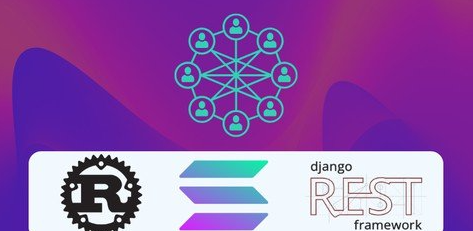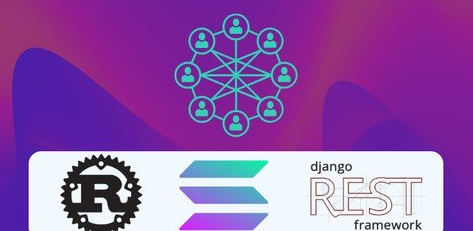Download Local development with Solana, Rust, Python and Django REST. Are you looking for this valuable stuff to download? If so then you are in the correct place. On our website, we share resources for, Graphics designers, Motion designers, Game developers, cinematographers, Forex Traders, Programmers, Web developers, 3D artists, photographers, Music Producers and etc.
With one single click, On our website, you will find many premium assets like All kinds of Courses, Photoshop Stuff, Lightroom Preset, Photoshop Actions, Brushes & Gradient, Videohive After Effect Templates, Fonts, Luts, Sounds, 3D models, Plugins, and much more. FreshersGold.com is a free graphics and all kinds of courses content provider website that helps beginner grow their careers as well as freelancers, Motion designers, cinematographers, Forex Traders, photographers, who can’t afford high-cost courses, and other resources.
| File Name: | Local development with Solana, Rust, Python and Django REST |
| Content Source: | https://www.udemy.com/course/local-development-with-solana-rust-python-and-django-rest/ |
| Genre / Category: | Programming |
| File Size : | 249 MB |
| Publisher: | udemy |
| Updated and Published: | February 21, 2024 |
Local Solana Development with Rust, Python and Django REST framework
This course introduces you to building Solana smart contracts (aka programs) locally using Rust. We will invoke those programs using Python clients and build a Django REST API that interfaces with the local Solana cluster.
It is a fast-paced course aimed at facilitating the transition from web2 to web3 development with Solana.
We’ll first brush up on some web3 knowledge covering concepts such as keypairs, wallets, JSON-RPC and PoH. This is followed by a compact primer on Rust for web3 purposes. Here we’ll learn about Structs, Enums, Macros and Traits, commonly used in program development.
We’ll then start building Solana programs and deploying them to a local Solana cluster. These programs range from a simple “Hello world!” to one that allows you to store data on the cluster using PDAs (Program Derived addresses).
After program deployment, we’ll attempt to invoke them from Python. This includes sending data that the Solana program will store on the blockchain.
In the final lecture, we will build a Django REST API that, unlike web2 applications that interface with a database on the backend, will interface with the Solana cluster to write data on the blockchain.





